The Unironic Male Role Model
|CASSIDY GEORGE
While the word “mentor” dates back to Ancient Greece, the term “role model” wasn't actually invented until the year 1944. The concept was introduced by Robert K. Merton, the same sociologist who coined the terms “unintended consequences” and “self-fulfilling prophecy.”
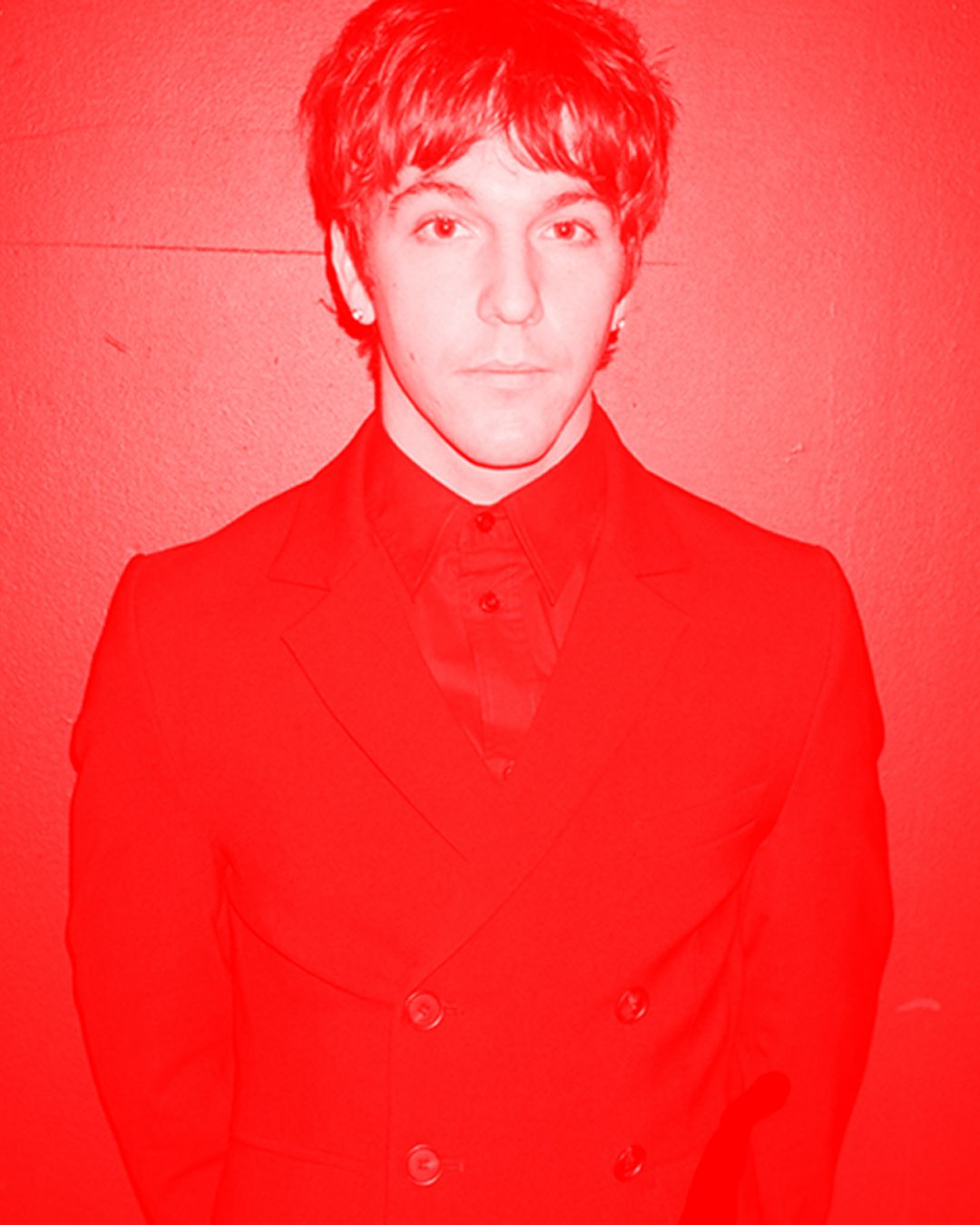
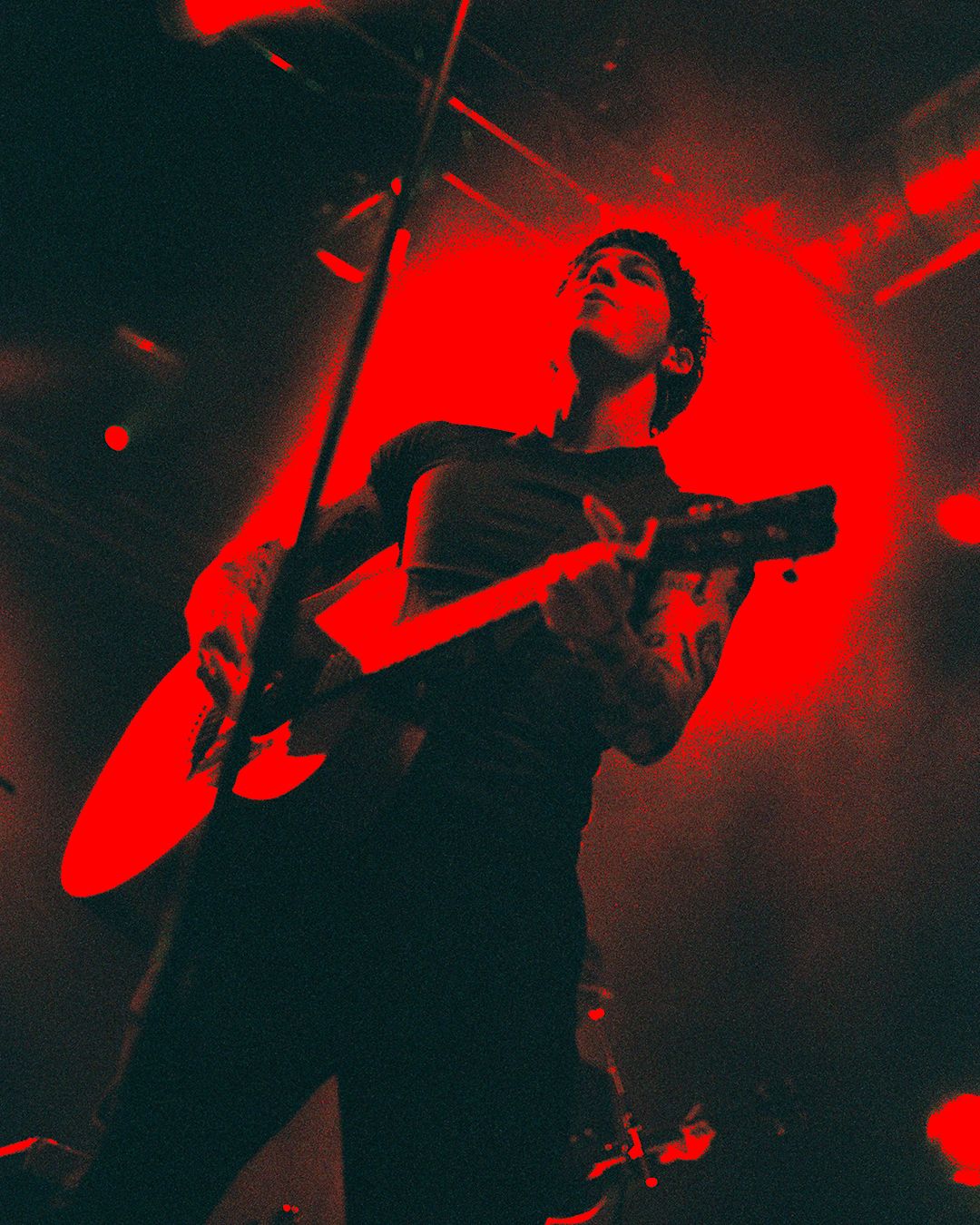
LEFT: jacket "PORTRAIT" DOUBLE BREASTED SUIT JACKET
The subject of male role models (or lack thereof) is an extremely hot topic in America. The so-called “masculinity crisis” has given rise to a curious spectrum of idolized figures. These include––on a scale from most to least nefarious––people like Andrew Tate, Elon Musk, Barron Trump, Joe Rogan, and Kai Cenat. The US election results have now brought concepts like “the gender war” and “the bro vote” to the fore. Many political scientists, writers, and critics are attributing widespread cultural and social regression to growing populations of lost and angry young men, many of whom either greatly admire or are greatly influenced by some of the aforementioned figures.
When the musician Tucker Pillsbury changed his artist name to ROLE MODEL in the late 2010s, he did so ironically––thinking that it was the furthest thing from what he was or ever hoped to be. But after speaking with Pillsbury backstage at Columbiahalle about his new album Kansas, Anymore, his chosen moniker began to feel like less of a joke.
Kansas, Anymore is a folk-pop album about the dissolution of Pillsbury’s long-term relationship with one of the most famous and influential creators on the internet (IYKYK). The lyrical content is the byproduct of apt self-reflection––and illustrates the power and necessity of taking accountability for mistakes, no matter how big or small. Wearing a cowboy hat on the album’s black and white cover, Pillsbury evokes the salt-of-the-earth, Americana allure of young Bruce Springsteen.
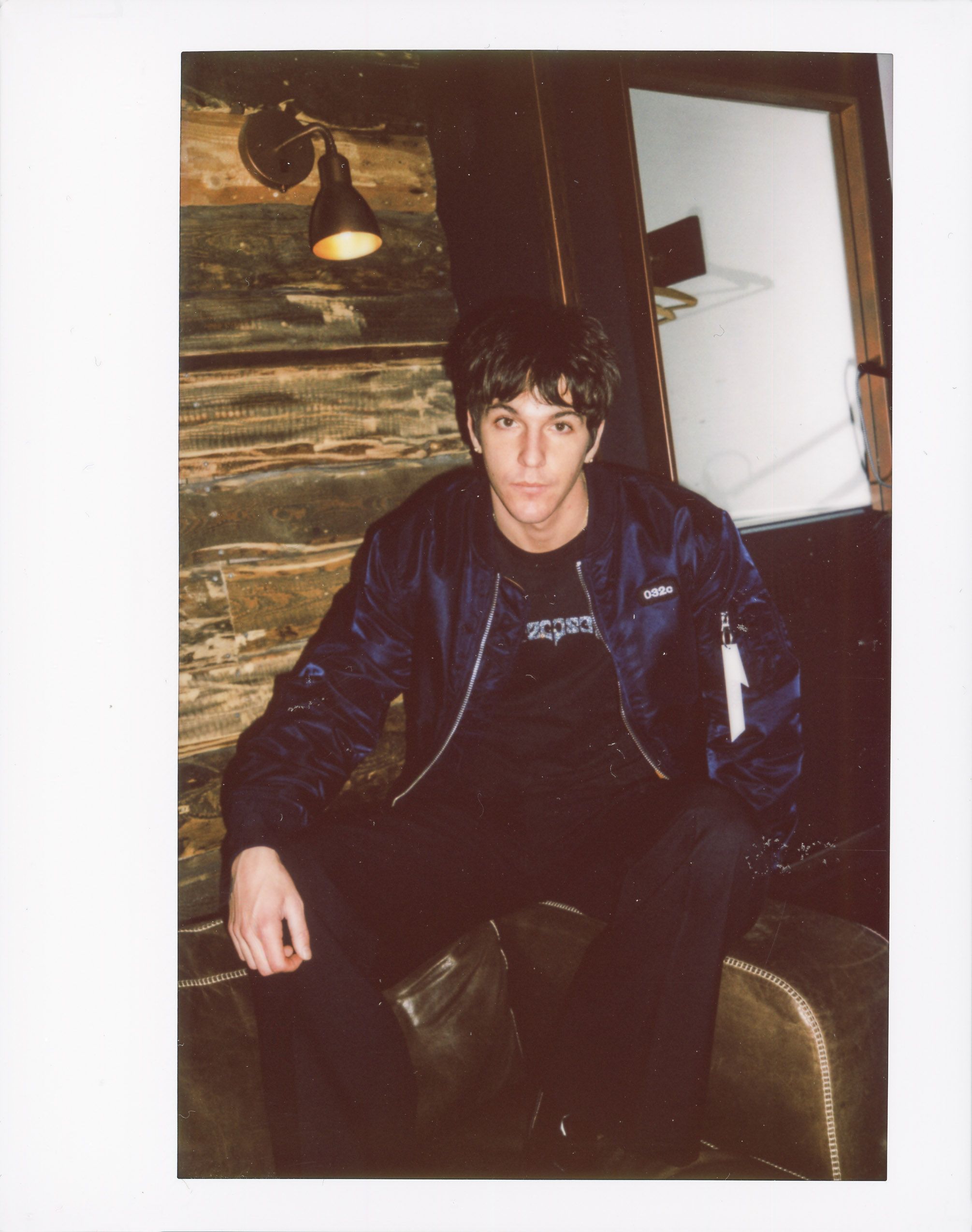
jacket ALPHA x 032c FLIGHT BOMBER , t-shirt "LUSTER" FITTED T-SHIRT, pants “PORTRAIT" WIDE LEG SUIT TROUSERS
If you cannot bear to see another cowboy, I don’t blame you—but their ubiquity in popular culture isn’t a coincidence. The hardworking, disciplined, patient, stoic, and pragmatic cowboy is the perfect foil to our new masculine archetypes: the unhinged tech billionaire and virally opinionated content creator (some of whom now masquerade as politicians and presidents).
After Beyoncé’s last album and Louis Vuitton’s F/W 2024, I never would have expected to say this––but with respect to Pillsbury, another cowboy just might be what pop culture needs.
Prior to his performance in Berlin, Pillsbury and I spoke about the unintended consequences of long-term partnerships and why homesickness can become a self-fulfilling prophecy.
CASSIDY GEORGE: Do you get post-tour depression?
ROLE MODEL: I don’t. I love performing, it’s my favorite. If you're the kind of person that gets validation from people screaming for you and loving you, I think that’s when you get depressed when you get home––because it's quiet. I love the silence.
CG: You live in Los Angeles but are proudly from Maine. I know that people from Maine tend to stay in Maine. Any theory about why that is?
RM: I’ve realized that it’s all of New England. Staying is such a thing. Even those who leave are bound to come back. After high school, my siblings and I all naturally wanted to get the fuck out, but my Dad always said: “You’re going to want to come back, I promise.” My two siblings did go back and I’m on the verge of moving. My dream is to have a house there.
I love normality and it just feels like the most normal way of life to me. The feeling of a small town is very conforming for me. It’s also the landscape. The house that I grew up in is across the street from a strawberry farm. My neighbors have cattle and chickens, and my parents have a huge pumpkin patch in their lawn. You walk down the street and then you’re at the beach and see the ocean.
CG: This sounds like Animal Crossing.
RM: In summer it feels a lot like that––and it gives you the same serotonin boost.
CG: Eight lanes of LA traffic is a stark contrast. My favorite song on your new album is “The Dinner,” which is about you feeling alienated by the culture there. You mention people “bragging ‘bout investments” and “talking ‘bout Ozempic.”
RM: That was kind of like my last straw. Enough of those dinners will kill you!
CG: Would you say it’s a song about privilege?
RM: That’s a big part of it, yeah. I think not growing up in a bubble of unrealistic ways of life breeds a different kind of person. I also think having all four seasons breeds a different kind of person. It makes you get out and do things and utilize every ounce of sunshine that you get to the fullest.
CG: How have you made living in LA more bearable?
RM: I’ve finally got a little house. I’m so done with apartments! There are photos of Maine everywhere. I have this little fireplace, and my bedsheets are a map of the coast of Maine. I just shut the blinds and pretend. It’s psychotic. I used to have bedsheets with Maine lobster on them, but people didn’t even know what they were, so I eventually got rid of them.
CG: Musicians regularly go to remote locations to zone in and make records––couldn’t your producers come to you?
RM: At this stage in my life, I’d love to move to New York for a bit––from there it’s just a 40-minute flight to Portland, Maine. Getting to a place where people fly out to work with you would be ideal, but I think you have to deserve it. There’s really not that much work or very many producers over there, unless you’re working with Jack Antonoff. Unfortunately, I’m a man––and he doesn’t work with male artists, which I get! I’m waiting to get to a place where I feel like I’ve earned the citizenship of New York City.
CG: There are a lot of stereotypes and clichés about how cutthroat and competitive the female pop world is. Is the male pop world similar?
RM: I personally don’t have an ounce of competitiveness in me. I could see it being different for women, but women are running pop music right now and have been for the last two years. People like Taylor, Sabrina, Chappell, Gracie––they’re dominating the industry and it’s incredible. Maybe I need to get more cutthroat because it’s clearly working for them! But in my experience, it’s not like that [between men].
CG: You don’t have a single rivalry?
RM: I don’t! I don’t have that many friends in music. All of my friends have normal jobs. Some work in an office, some are fishermen. Some work in the creative and digital design space. I like it because we never talk about music.
CG: Both the sound and visuals surrounding your new album Kansas, Anymore remind me of Bruce Springsteen. The word “Americana” pops into my head when I think about both the record and your artist persona. What does “Americana” mean to you?
RM: I wouldn’t even know how to define Americana! To me it’s just organic instruments. That’s all I wanted for the album––no synths or drum programs or MIDI keyboards or anything like that. Homesickness was a big theme for me when writing this album. And if anything fits Maine as a genre, it would be folk Americana. I wanted that to be the general tone.
CG: Are all of your musical references historic, then?
RM: Mostly, but I will say this: Noah Kahan brought back folk. Folk comes in waves, the same way that country suddenly becomes cool at certain periods.
CG: When was the last time that folk was cool?
RM: In 2014, there was the Lumineers thing and also Mumford and Sons. Then it died. Noah was the first person to bring folk back into a space where it could be a mainstream radio hit. That was insane to me––and I also related so much to what he was talking about in the music, like New England for example. It helped me realize that I also have a lot of stories to tell.
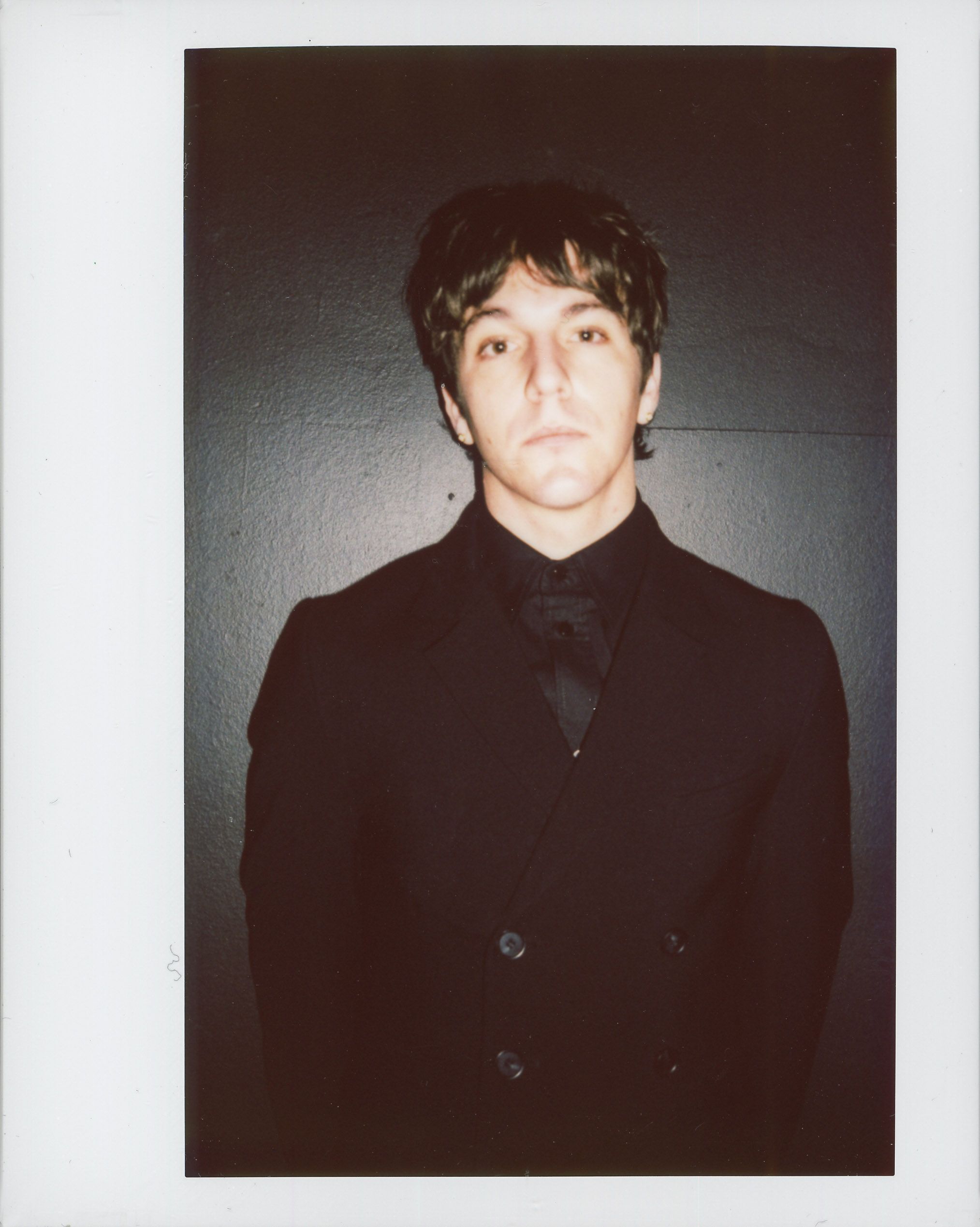
CG: To promote the album, you created a new account called @Saintlaurentcowboy, where you pretend to be an unbearable fuckboy (for lack of a better word) that’s impersonating Role Model. You’re promoting your music by satirizing self-promotion. Even though I know you have and will continue to deny that it’s you publicly, I have to commend you on that because it’s extremely funny.
RM: So, first of all, it’s not me. We can talk about him, but I really don’t like the fact that he keeps getting press. I suppose it’s cool that there’s a second account impersonating me. It helped sell out the majority of the tours. I personally don’t find him funny. He’s capitalizing off of my achievements.
CG: Achievements like being nominated by People magazine as “sexiest musician alive.” He was campaigning for you, right?
RM: Yes, but Harry Styles deserved the win. It was sad for me but also hilarious to see [Saint Laurent Cowboy] take the L on that one. He seemed really hurt about it. I just hope he deletes the account soon.
CG: In the song “Scumbag,” you sing the lyric: “I’m the side that no one’s rooting for,” referring to the ending of your relationship. Did you actually believe that? Do you still?
RM: I did. People’s opinion of me on the internet has changed a lot since then. Two years ago, I was ripped apart online.
CG: For what?
RM: I don’t know. Existing. This was especially the case when I put out my first album. I think some of it was deserved because a few of the songs are pretty tragic. I don’t even like them, so there was definitely more material to rip me apart for back then!
I think it helped me put pressure on myself to make better music and find my voice on Kansas, Anymore. I think I finally got there. Once I started putting out the singles for this album, the landscape of public opinion shifted. It seems I’m far more tolerable to people now than I used to be.
CG: Your billboard was an homage to this, right? It said: “WAIT, WHEN DID ROLE MODEL GET HOT?”
RM: Yeah, the billboard! [Laughs] It all came down to me making something that I’m proud of and that people like enough to forget about…everything else. So far, everything has been about the music––for the most part. There weren’t thousands of TikToks trying to get tea, figure out drama, or create new drama out of songs. For once, it wasn’t the case.
The internet is a nasty place in general. People might be enjoying me more now, but it won’t last. People have short attention spans. They’ll get sick of me soon.
CG: Are you sure about that?
RM: We’ll see. But I’m trying to drag it out for as long as I can.
Credits
- Text: CASSIDY GEORGE
- Photography: JOHANNES KAPOL
- Creative Direction: MICHAEL SPÄTH
- Production: IN PRIVATE STUDIO
- Photography Assistant: BIRK ALISCH
- Fashion Assistant: CHARLOTTE WERKMEISTER
Related Content
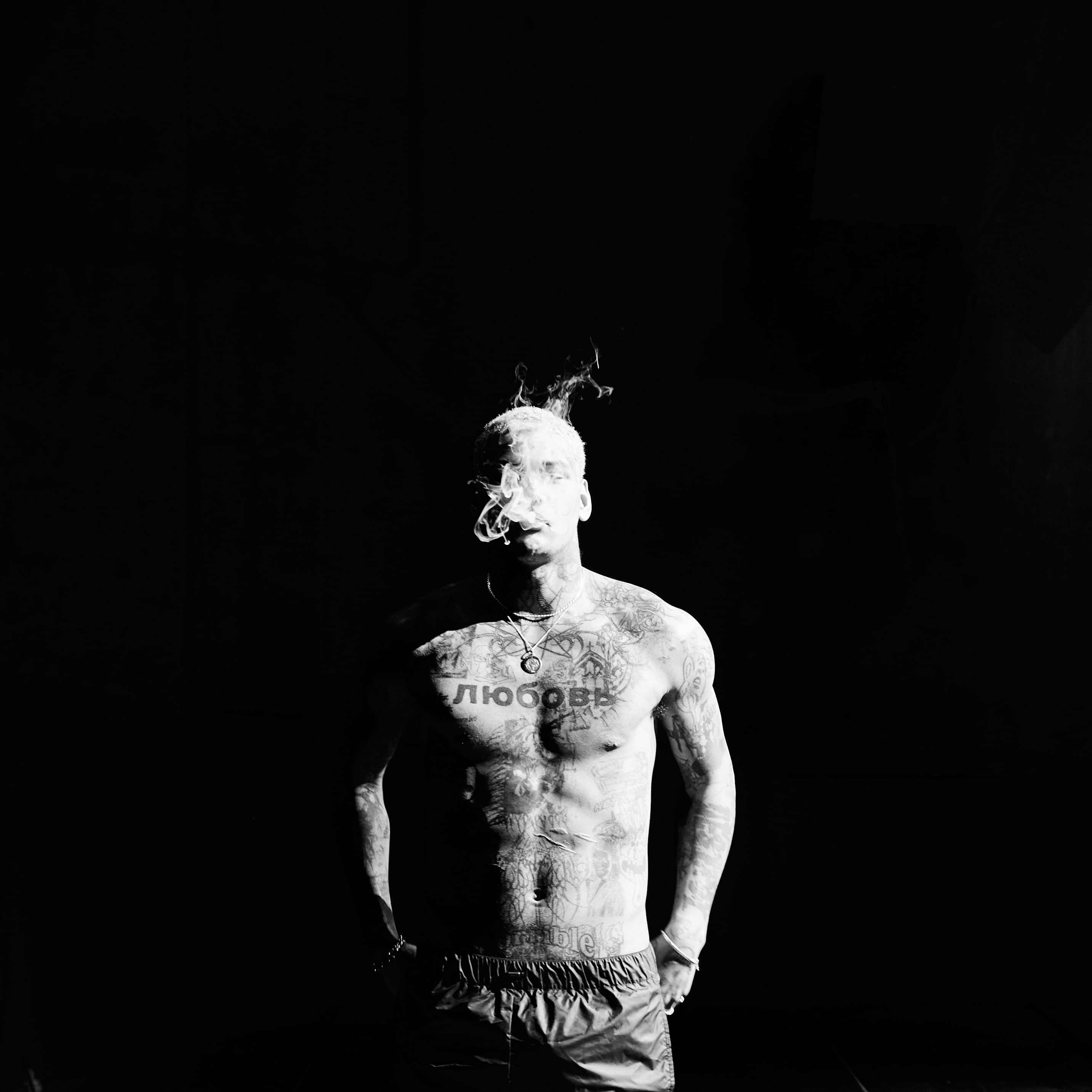
Thoughts on Ekkstacy in Berlin
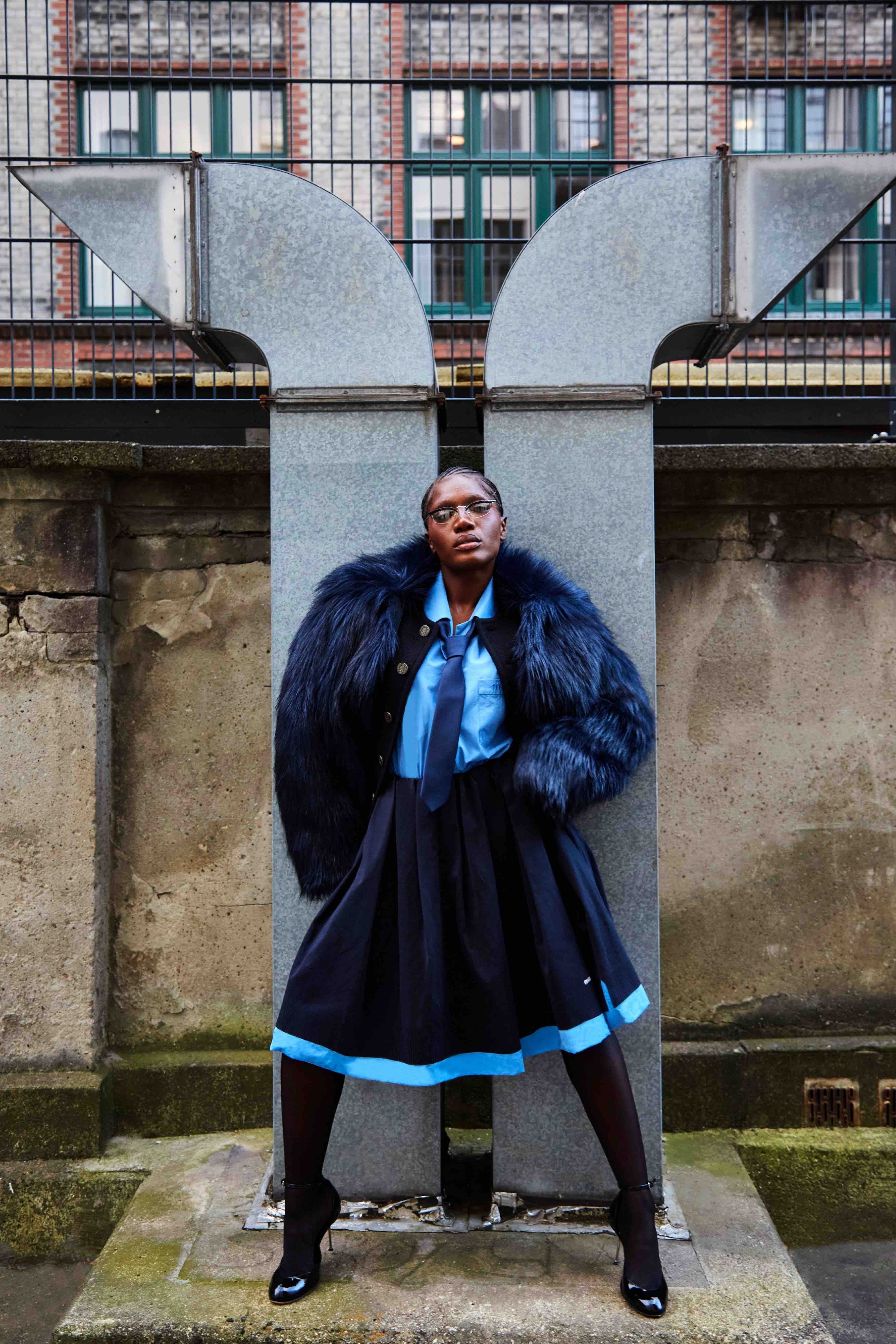
DOECHII on Swamp Rap, Alter Egos and Narcissistic Exes
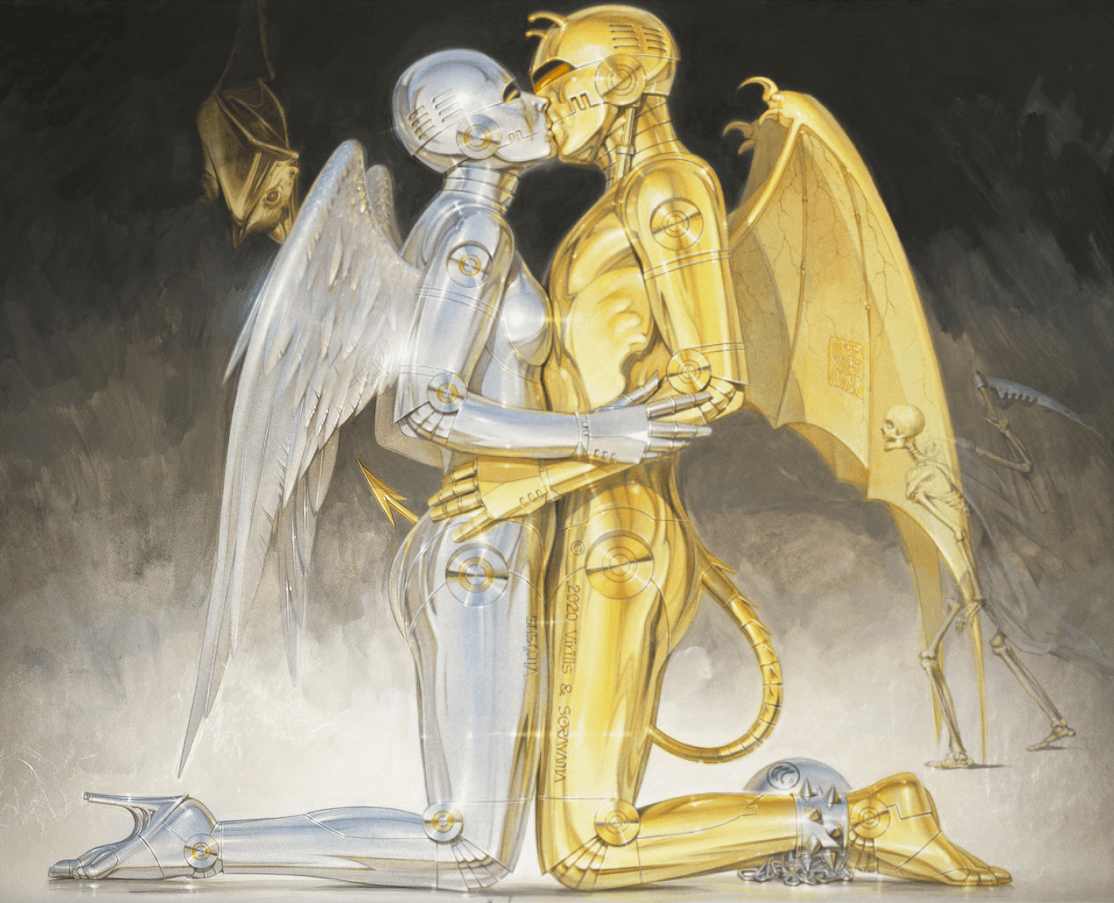
Hajime Sorayama: What I Draw Are Human Beings
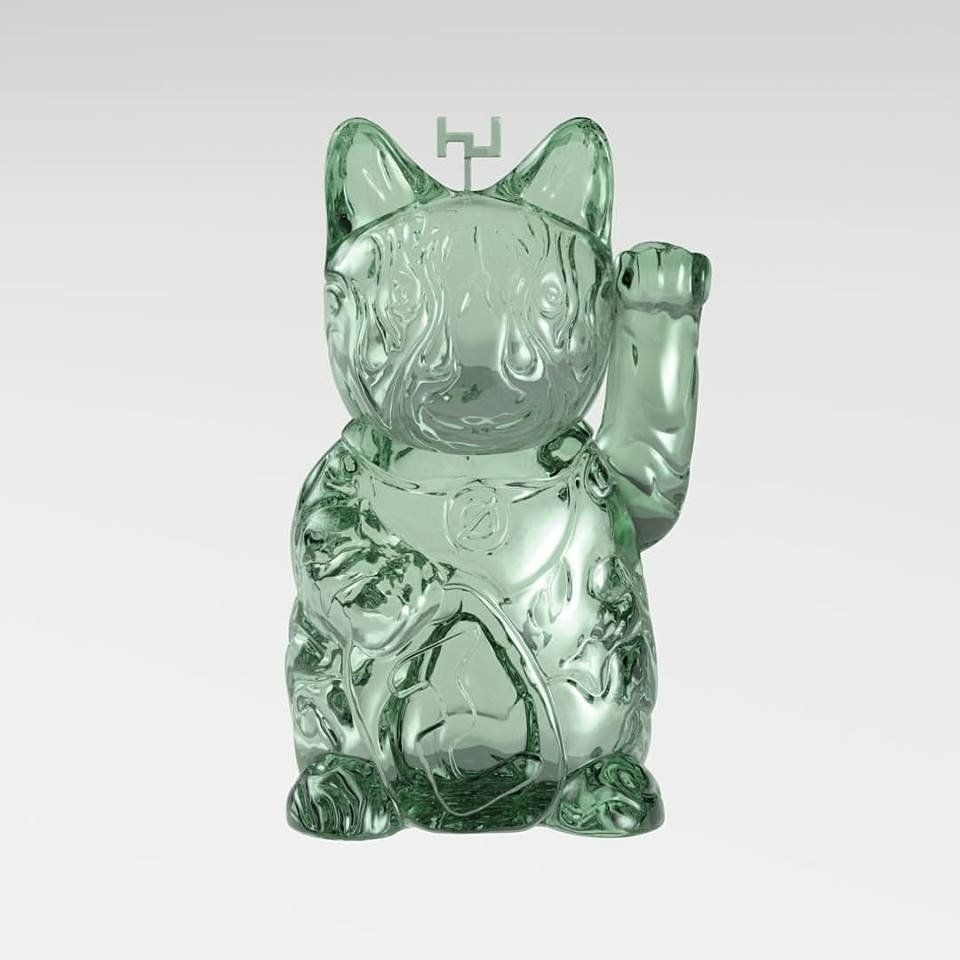
Sonic Fictions and Alternative Histories: Kode9
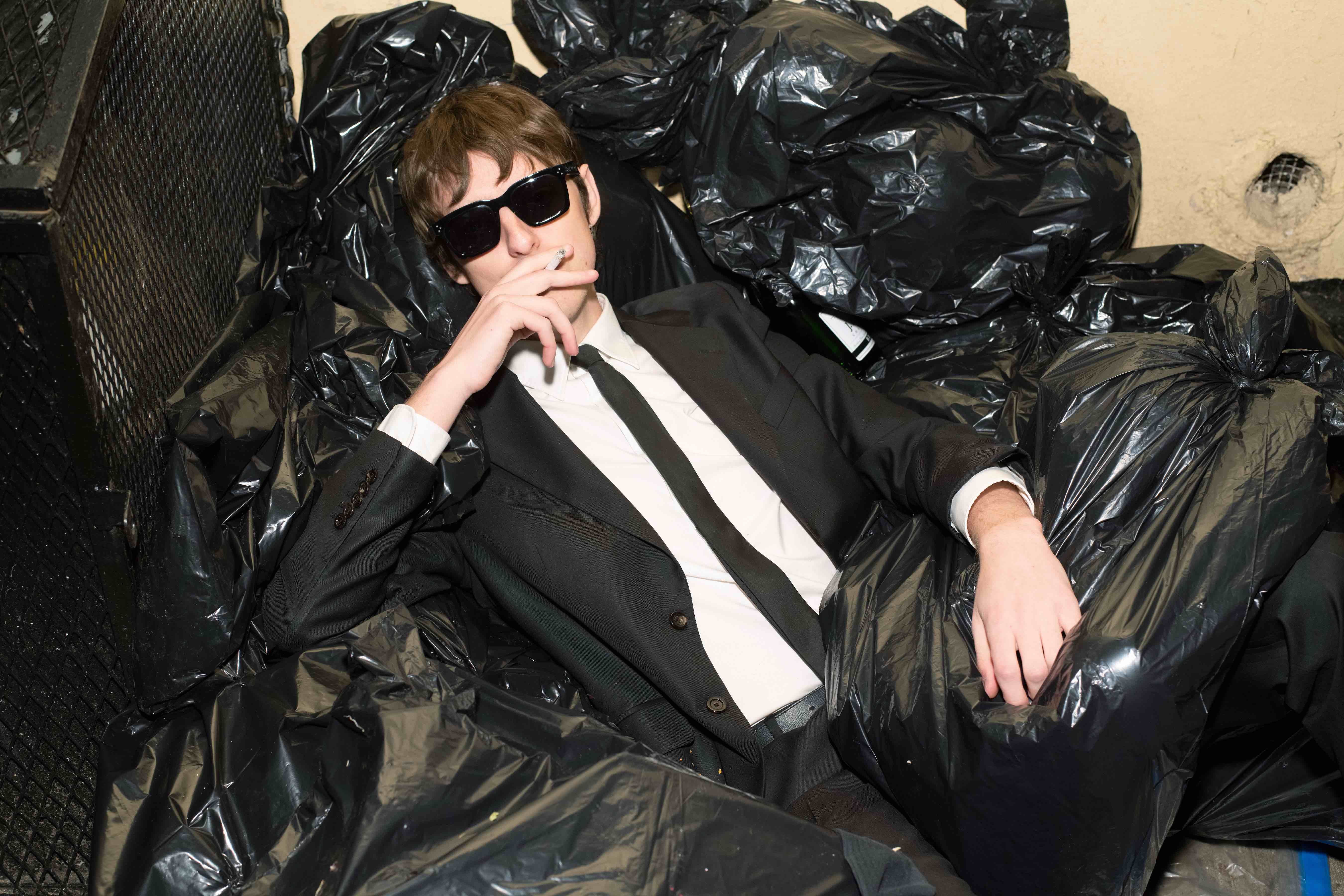
The Dare Knows What's Wrong with New York
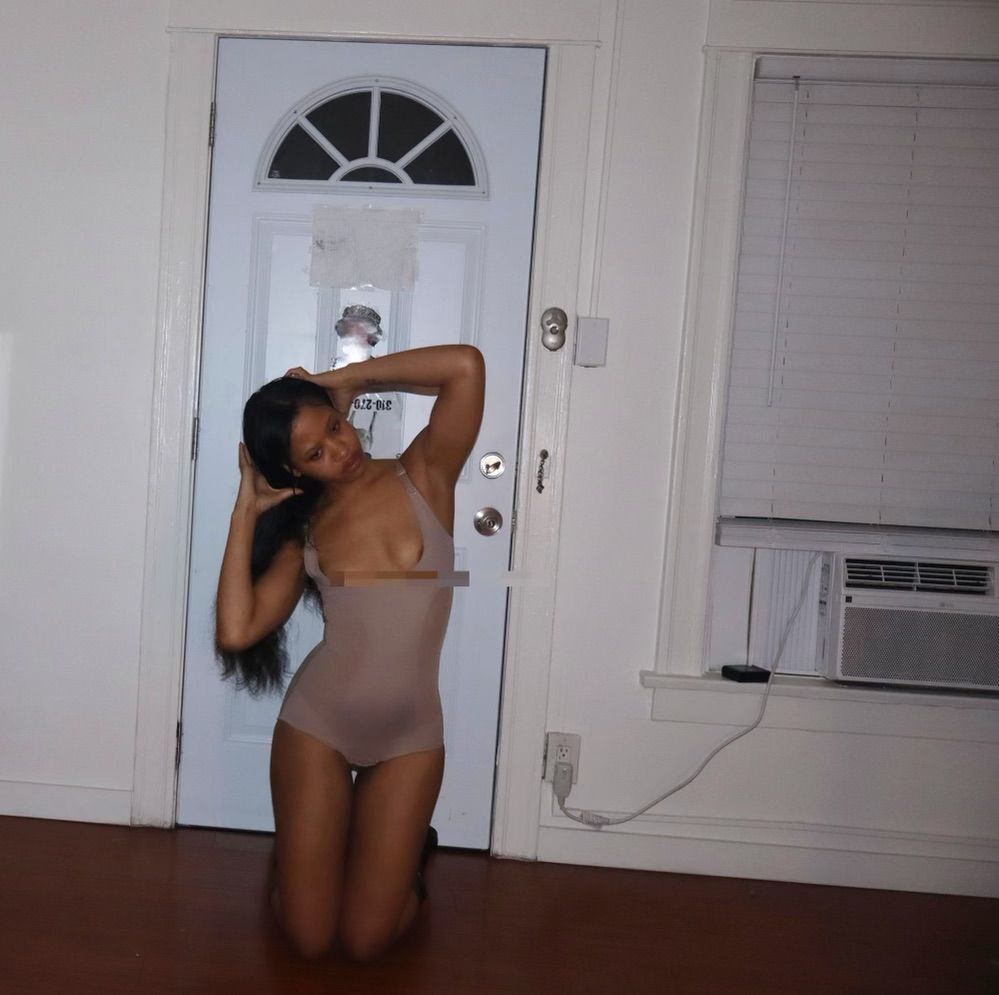
Babyxsosa: Everything Is In Real Time
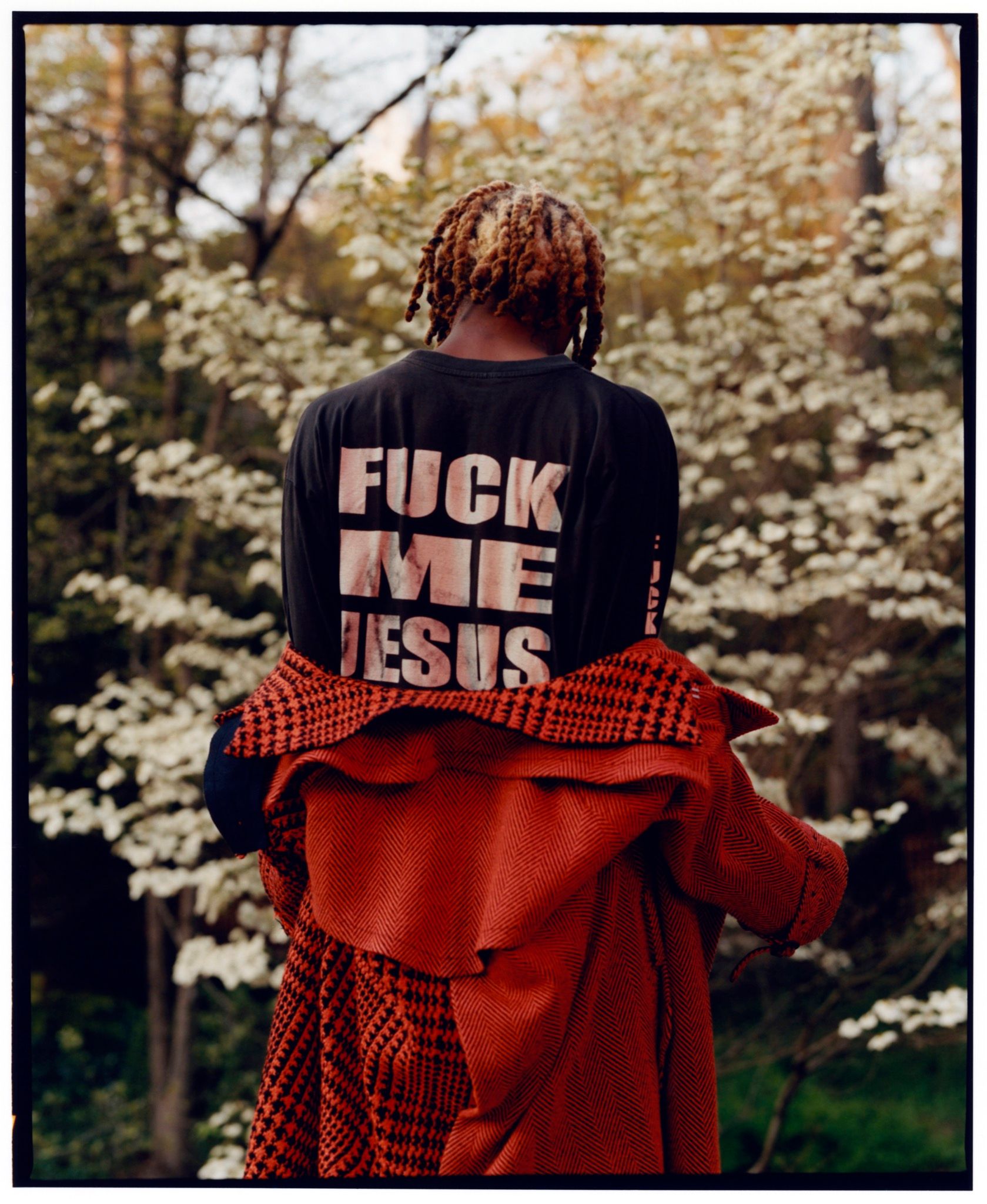
THE PLAYBOI MANSION: A House That Makes Rap Music
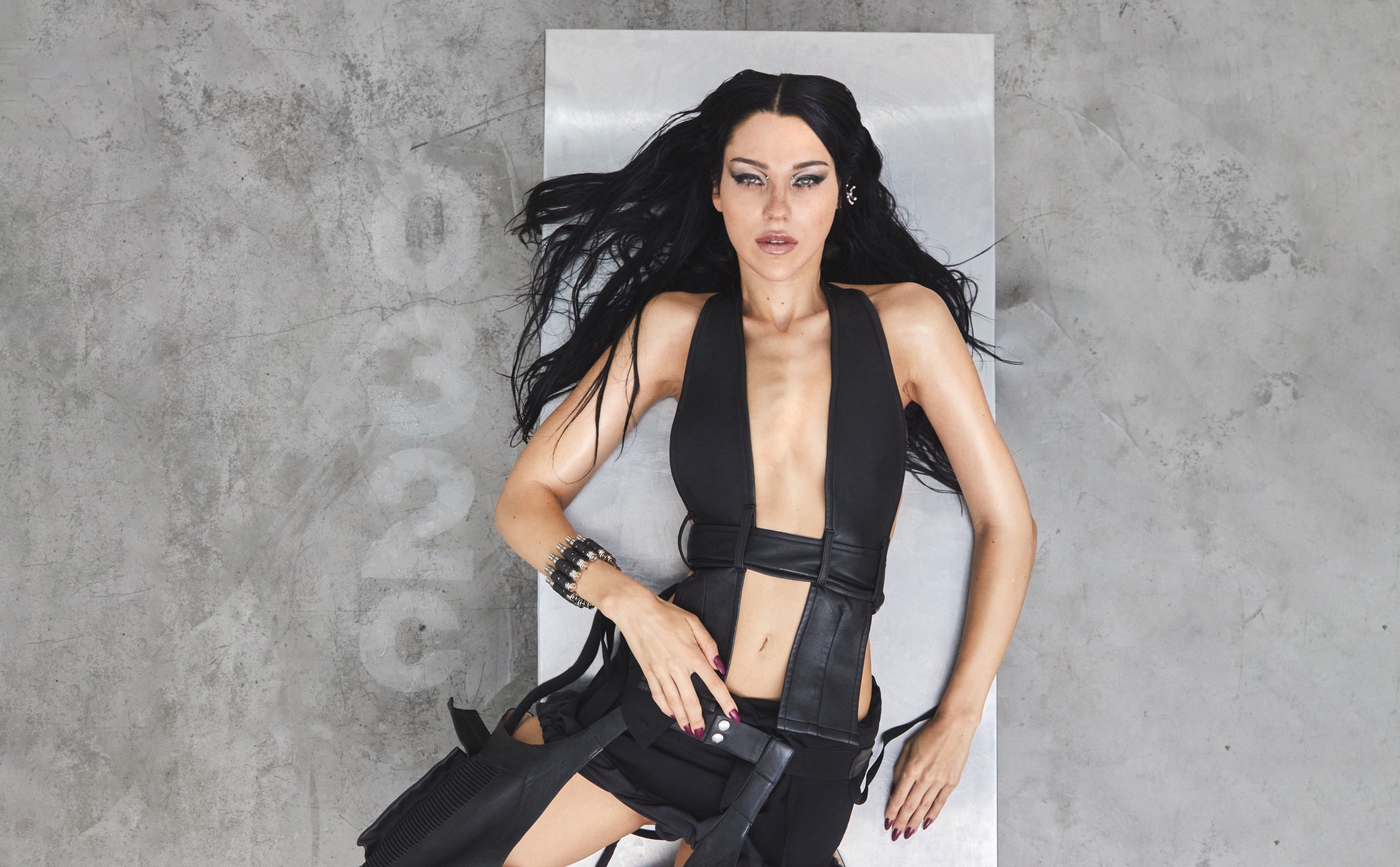
A Specialist in Club Music: VTSS
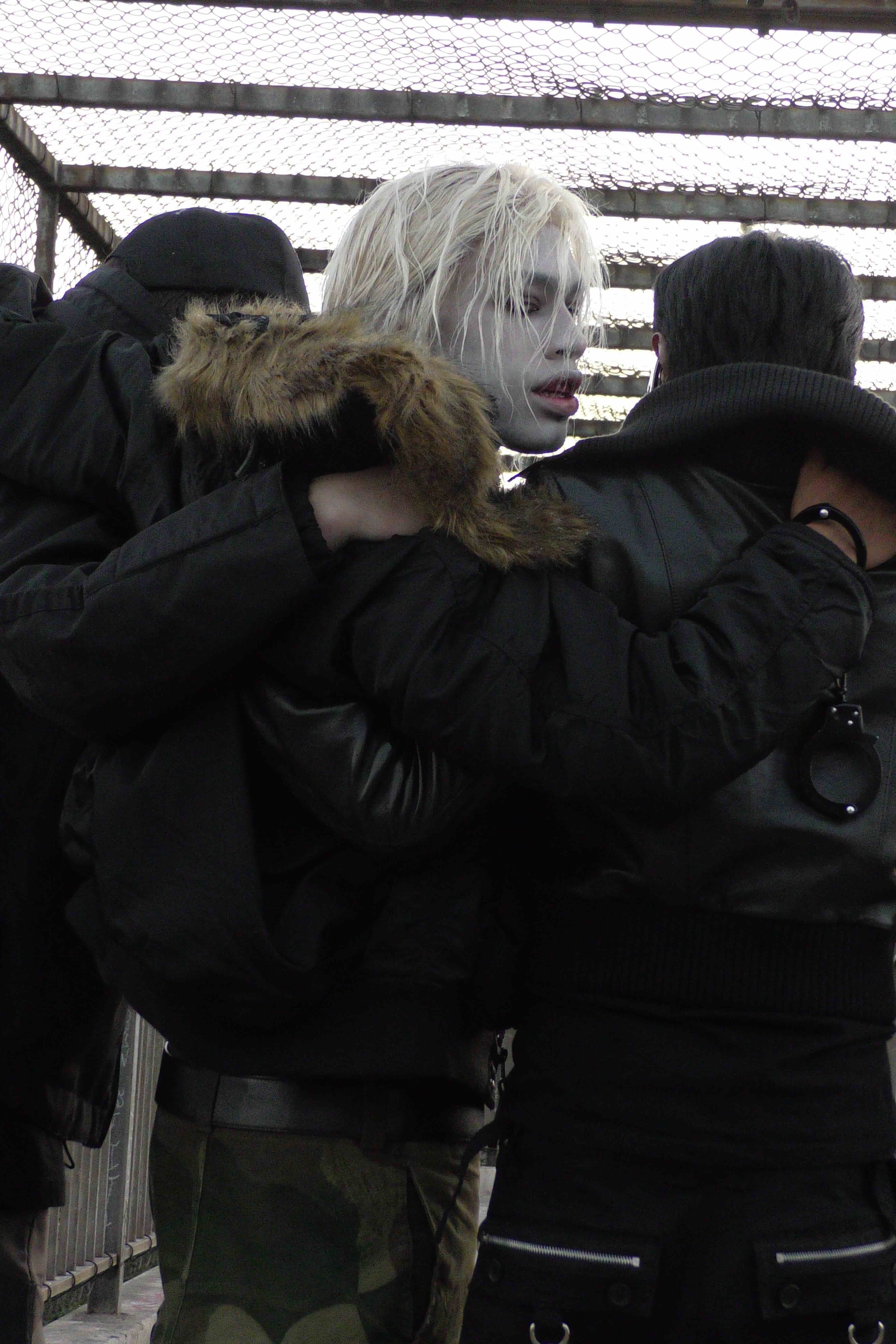
Drain Gang
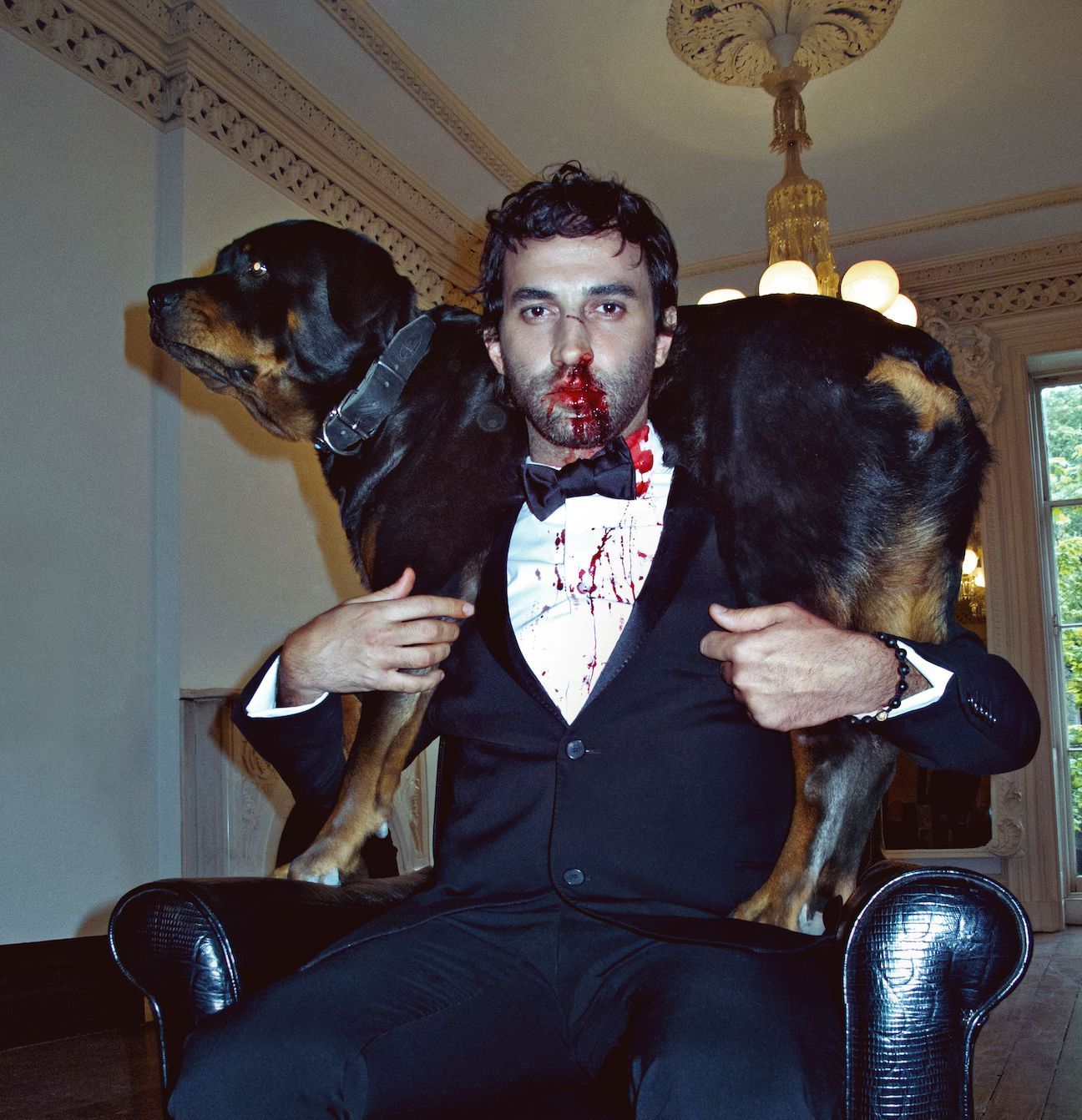
Origin of the Gothic and Sublime: Becoming RICCARDO TISCI
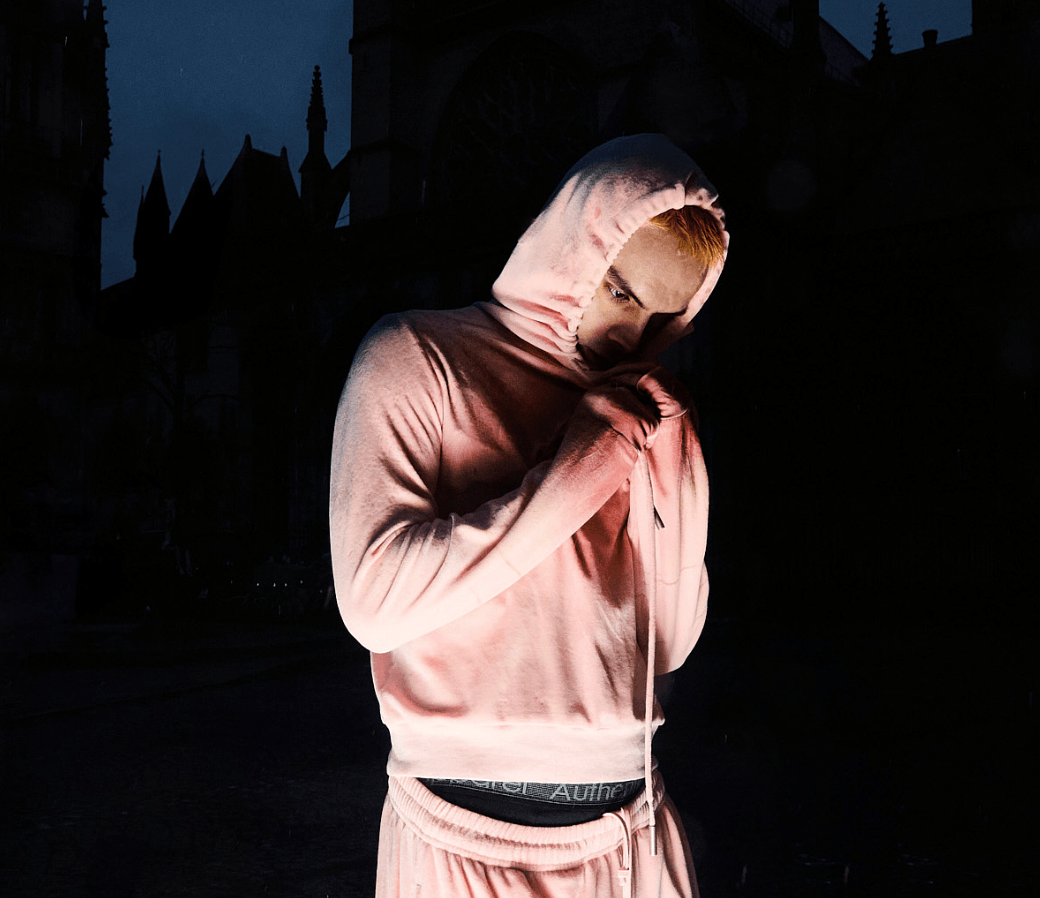
A Bad Night’s Sleep with Sega Bodega
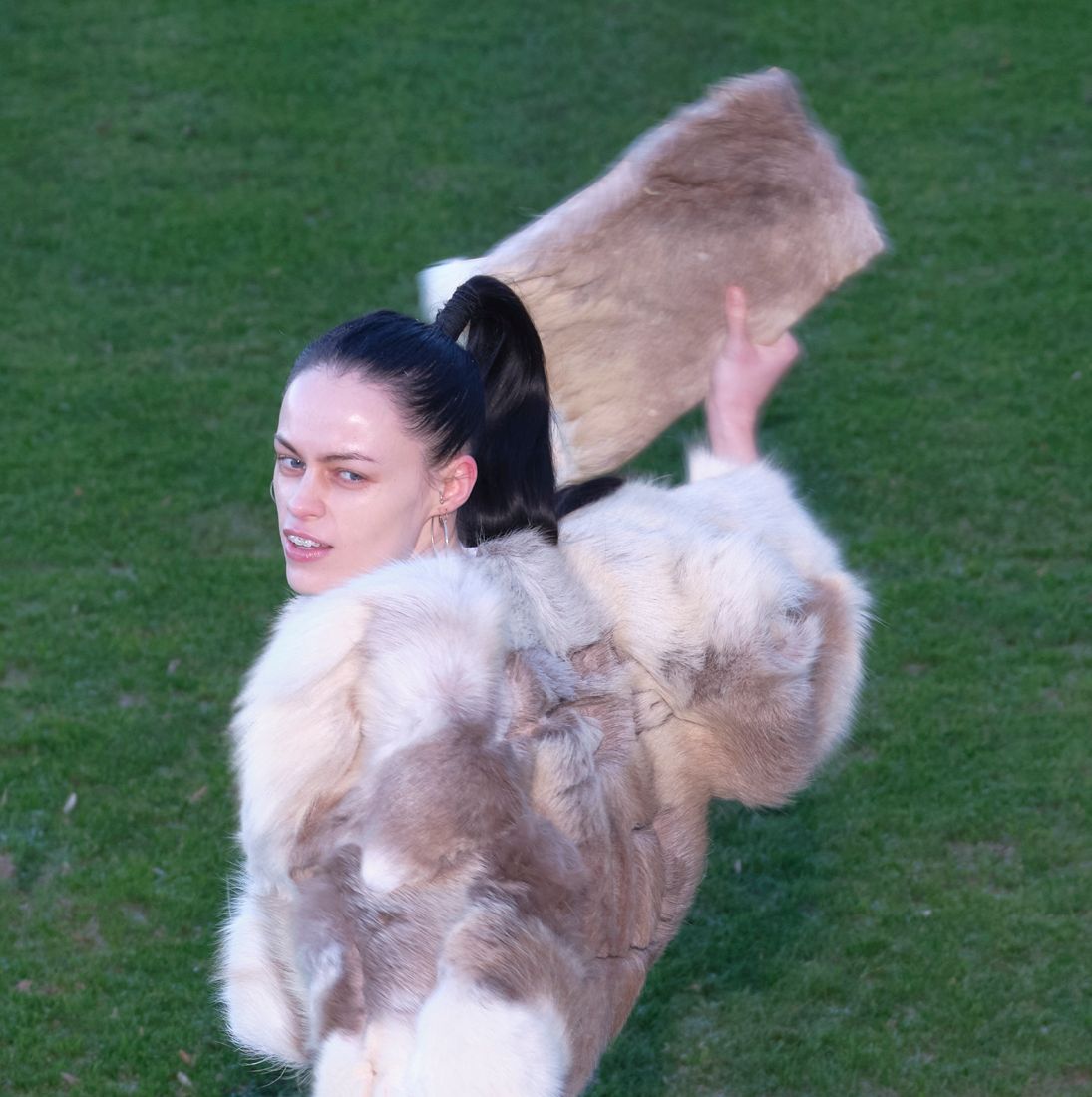
New Prototypes